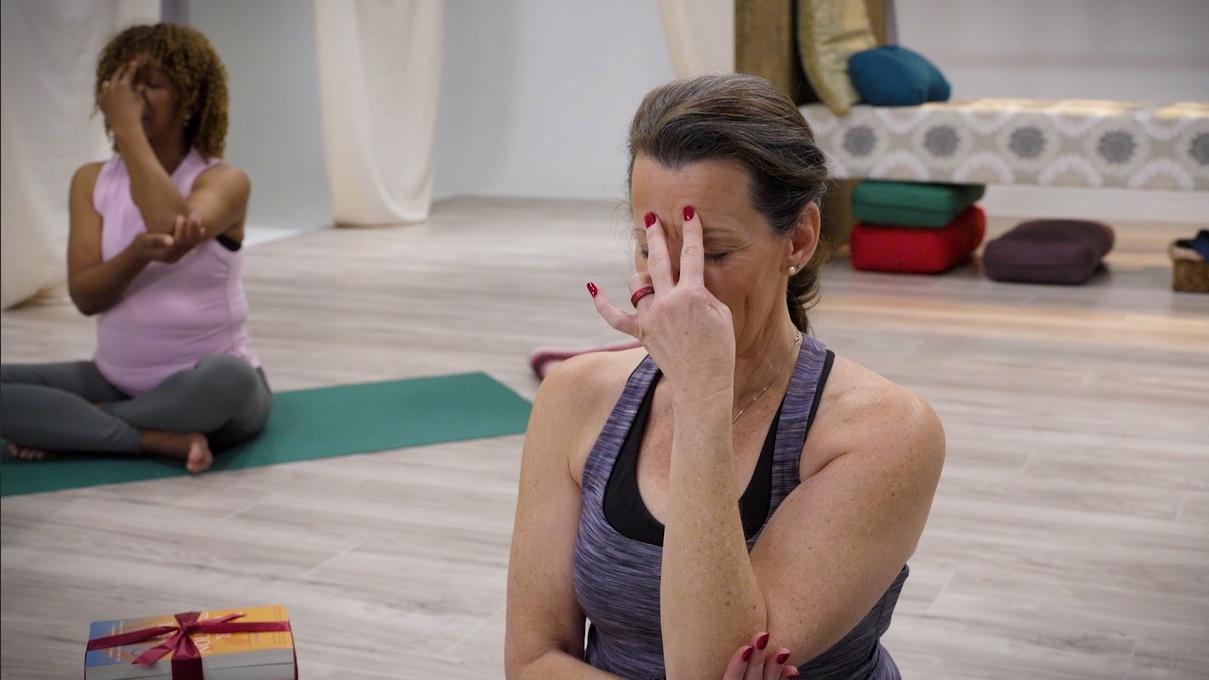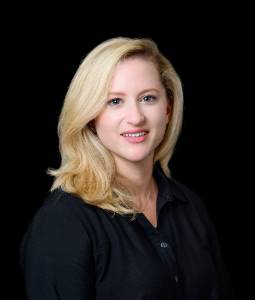The work of health care workers can be stressful and overwhelming. With their focus on helping others, they may neglect to prioritize their own wellness and mental health. Where do the helpers go when they need help?
A team at the University of South Carolina College of Social Work in partnership with colleagues in the colleges of nursing and pharmacy has developed a series of online training sessions to combat health worker burnout. The project, Health Occupations Providing Excellence in Workforce Wellness and Resiliency, is funded by a $1.7 million grant from the Health Resources and Services Administration, an agency of the U.S. Department of Health and Human Services.
“We created trainings that promote emotional regulation, mindfulness and stress management,” says HOPE-WWR project coordinator Ala Bengel. “These are tools that individuals can use for themselves to be proactive about burnout or to help each other by sharing the resources with colleagues and other people.”
Bengel (’22 master’s, social work) was brought on board by social work professor Melissa Reitmeier, who wrote the grant in collaboration with colleagues in Social Work, Pharmacy and Nursing. HOPE-WWR helps tackle the problem of health care worker burnout with a three-pronged approach.
Bengel worked closely with content manager Beck Sullivan, along with Reitmeier and social work professor Aidyn Iachini, to create an online training series for community practitioners and an online Leadership Academy. There’s also curriculum modules for students in the colleges of social work, nursing and pharmacy.
“The Leadership Academy is targeted to employers, physicians and managers – those in a position to set organizational policy or implement new strategies,” says Iachini, who stepped into the principal investigator role when Reitmeier passed away in 2023. “The focus tends to be on individuals developing our own self-care toolkit, but the Leadership Academy is designed to focus on the organizational aspect of creating better workplaces that promote resilience.”
The initial goal was to train 600 health occupation students, 300 community practitioners and 50 health care leaders. The program has far exceeded those numbers, training more than 3,200 students and practitioners. Iachini and Bengel say feedback gathered from post-training surveys has been overwhelmingly positive.
Christina Isenhower (’09 master’s, social work) who attended a virtual training in May says she appreciated the focus on professionals using mindfulness skills for their own self-care and mental well-being. “Often, training is focused on techniques and skills that professionals use with their clients or patients,” says Isenhower, a licensed social worker and corporate consultant with First Sun EAP. “While that is essential, I appreciated the focus of this training on professional well-being and resiliency.”
The HOPE-WWR website also includes on-demand wellness toolkits for individuals and organizations. Videos demonstrate relaxation techniques to manage stress and anxiety, promote mindfulness, restore energy and strengthen relationships. In addition, the team is currently editing the community practitioner training sessions into digestible segments to post on the website, which they hope will provide a menu of resources for organizations to tailor to their workplaces.

According to the Department of Health and Environmental Control, nearly every county in South Carolina has a primary health and mental health care provider shortage. Nationwide, Mental Health America found 76 percent of health care workers experienced exhaustion and burnout, 75 percent said they were overwhelmed, and 82 percent were emotionally exhausted.
Bengel hopes HOPE-WWR will help practitioners and employers understand the importance and impact of creating a work environment with a focus on wellness.
“The workload demands placed on health and behavioral health care workers creates a definite strain that contributes to burnout,” Bengel says. “And burnout can have a trickle-down effect. When a health care worker is overworked, they may feel rushed and may not spend as much time with patients or clients to understand what’s going on with them. If they aren't their best selves, then how can they help someone else?”
Iachini says investing in employees’ well-being and giving them access to resources they need to be successful can also positively impact larger systems issues such as recruitment and retention.
“When people are burnt out, they're more likely to leave their place of employment, so focusing on this issue from an organizational perspective can reduce issues such as turnover and the constant need to hire and train new employees,” she says.
Iachini encourages students going through the hiring and interview process to ask about the policies of potential employers for employee well-being and mental health, professional development, flextime, paid time off and other benefits.
As an employee assistance professional, Isenhower says she sees many ways individuals, managers and organizations can apply HOPE-WWR’s resources in their work environments.
“I work with employees and managers of all industries, including health care, who are experiencing high levels of burnout,” she says. “It is a shift for workplace leaders especially to focus on their own self-care. HOPE-WWR’s focus on emotional awareness, mindfulness and well-being is such a value to the professional community.”
